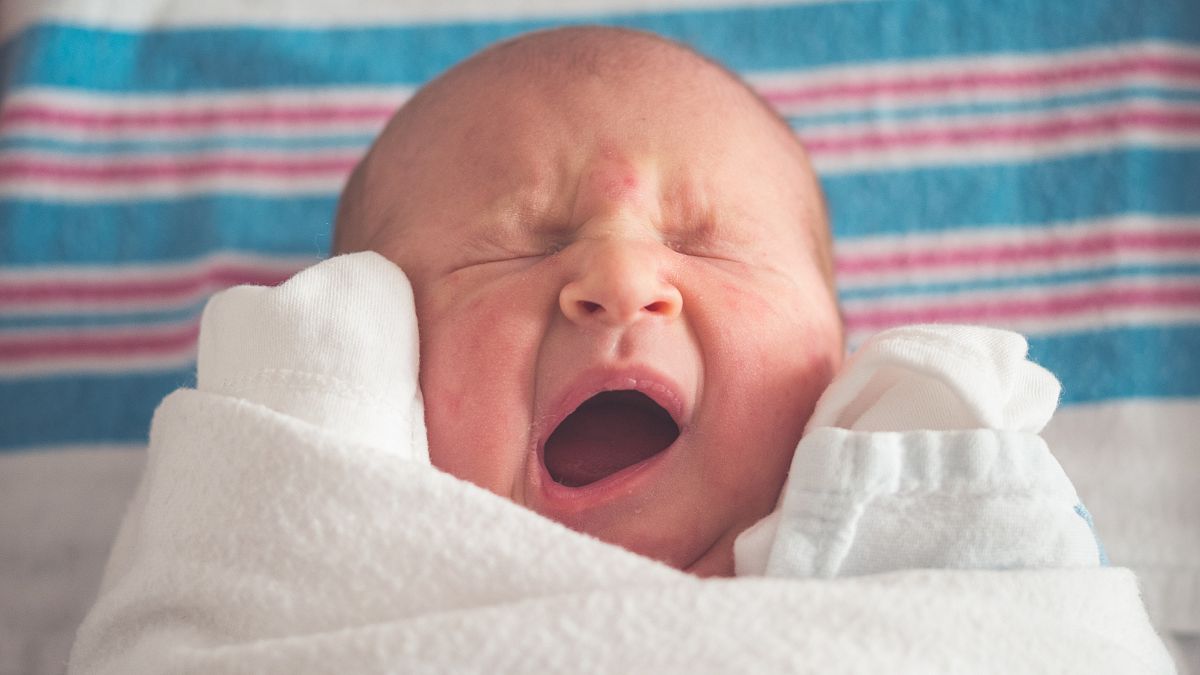Throughout Central and Eastern Europe, institutional mechanisms are still being used to hamper midwifery practice, creating conditions where midwifery is possible in theory but not in practice.
Hungarian screenwriter Kornél Mundruczó's Pieces of a Woman portrays the aftermath of a home birth “gone wrong” and examines the age-old battle between obstetrics and midwifery, a fight steeped in racism, misogyny and inter-professional conflict.
Since its Netflix debut in January, the film has graced many must-watch lists, seeing female lead Vanessa Kirby win Best Actress at the Venice Film Festival for her portrayal.
In reality, home birth and midwifery care have been studied and proven safe, with the added benefit of improving outcomes for mothers and newborns from poor and marginalised families.
A British study of a midwifery service in a socially disadvantaged area of South East London, with a large proportion of ethnic minority families, showed that those who were cared for by a dedicated midwifery team had lower rates of premature birth and caesarean section, with positive outcomes for maternal and infant health.
The film’s writer-and-director team based Pieces of a Woman around the story of Ágnes Geréb, an obstetrician from their home country of Hungary.
Geréb, who qualified in 1977, began attending births at a large university hospital and soon realised that she wanted to practice a form of humanised maternity care that was not popular at the time in her country.
She began by smuggling fathers into birth rooms without permission, which resulted in a six-month practice ban.
On realising that the hospital would not allow her to practice in a way that she felt respected women’s rights, Geréb took matters into her own hands and trained as a midwife offering home birth services.
Over a span of twenty years Geréb helped deliver over 3,500 babies at home, won international awards, and became an internationally-renowned home birth expert.
Geréb’s practice achieved superior outcomes for women and infants compared to many of Hungary’s maternity hospitals.
At one birth, Geréb called an ambulance out to transfer a patient to the hospital - something she had done tens of times before.
This time, though, she was met with a police van instead. Geréb was detained and charged with attempted manslaughter.
Obstetricians quickly forgot that she was one of their own and began a media campaign to label midwifery as "risky and self-indulgent eccentricity".
Globally, midwives have been providing essential reproductive health services for millennia - midwifery is humanity’s original and oldest profession.
Yet, today, throughout Central and Eastern Europe, institutional mechanisms are still being used to hamper midwifery practice, creating conditions where midwifery is possible in theory but not in practice, or relegating midwives to “helpers” without any professional autonomy.
When that doesn't work, midwives are publicly shamed, persecuted and, in many cases, criminalised for doing their jobs.
Under the guise of protecting women and families, EU governments have been limiting access to both abortion and midwifery services from Ireland to Hungary, Croatia to Poland.
It is no accident that the push back will both remove women’s reproductive care options and destroy a predominantly woman-led profession.
In many Central and Eastern European countries, new parents are expected to provide cash payments to obstetricians in public hospitals.
The cultural expectation creates an old boys’ social contract, which disproportionately affects poor and women of colour and, in Hungary’s case, Roma women.
The state effectively ignores corruption and tax evasion, since illegal payments can’t be reported on tax forms, at the detriment of women’s reproductive and mental health.
In Hungary, home birth is not illegal per se - its constitution preserves women’s equal rights to give birth at home - but far-right policymakers are increasingly pursuing policies that they say will “protect women’s health”.
They have also made little public investment to improve poorly staffed and equipped hospital maternity services or to make midwifery and home birth a safe, accessible option for families.
In 2010, the European Court of Human Rights (ECHR) backed a woman’s right to choose the circumstances of pregnancy and birth in the Ternovsky v Hungary decision.
Hungarian Anna Ternovszky argued she could not benefit from adequate professional assistance for a home birth in view of the relevant Hungarian legislation.
In practice, this judgment meant that Hungary had to stop criminally prosecuting midwives and obstetricians for providing home birth services.
The case obliged EU states to fund maternity care systems that protect the health and human rights of all women, by supporting professional autonomy and accountability for both obstetricians and midwives, including offering homebirth support.
States must be held accountable for their obligation to provide sustainable, accessible and community-level reproductive health services that include abortion, contraception and maternity care.
In Pieces of a Woman, the grieving protagonist, Martha Weiss, defends her midwife before a jury.
In the case of Agnes Geréb, the ECHR affirmed the rights of her patient as a service user and, through her, the obstetrician as a service provider.
We believe it's up to everyone to stand up for reproductive choice and that includes midwifery care and home birth.
----
Since 2011, Human Rights in Childbirth has convened lawyers, physicians, midwives, medical anthropologists, sociologists, psychologists, professors and human rights advocates globally to establish support and realise human rights in childbirth globally.
